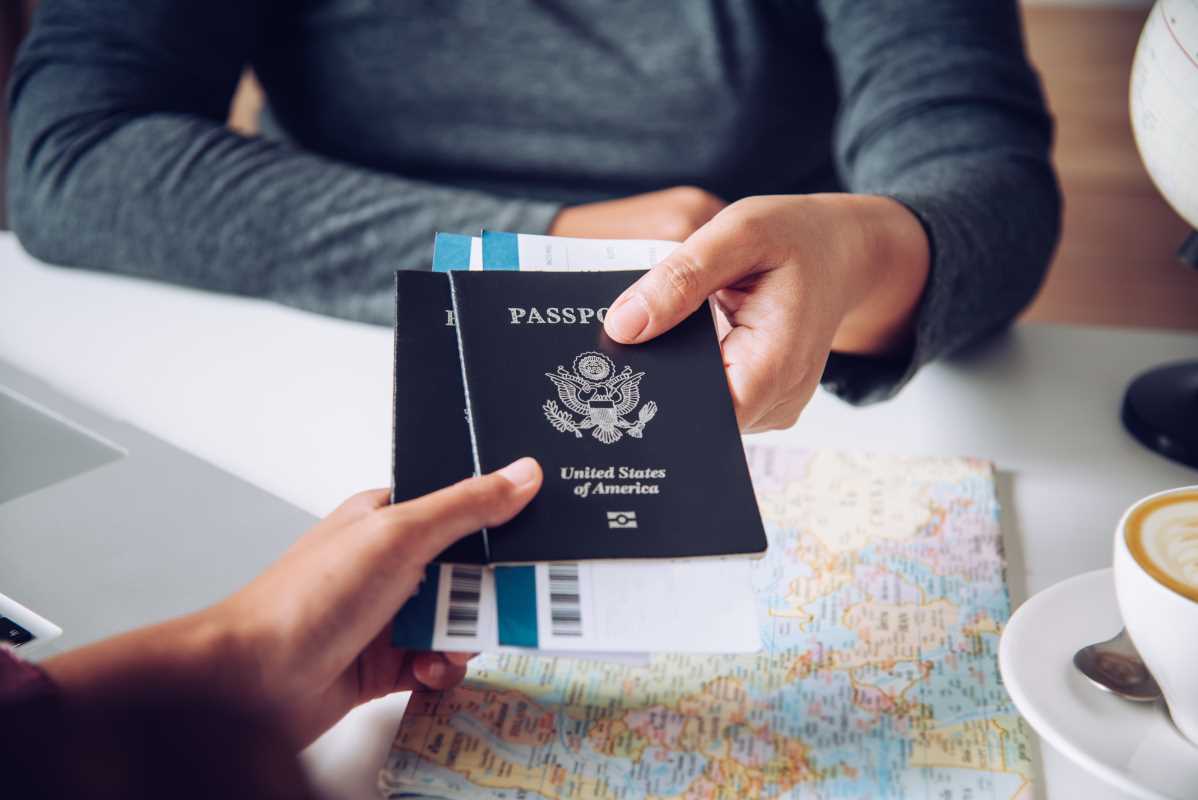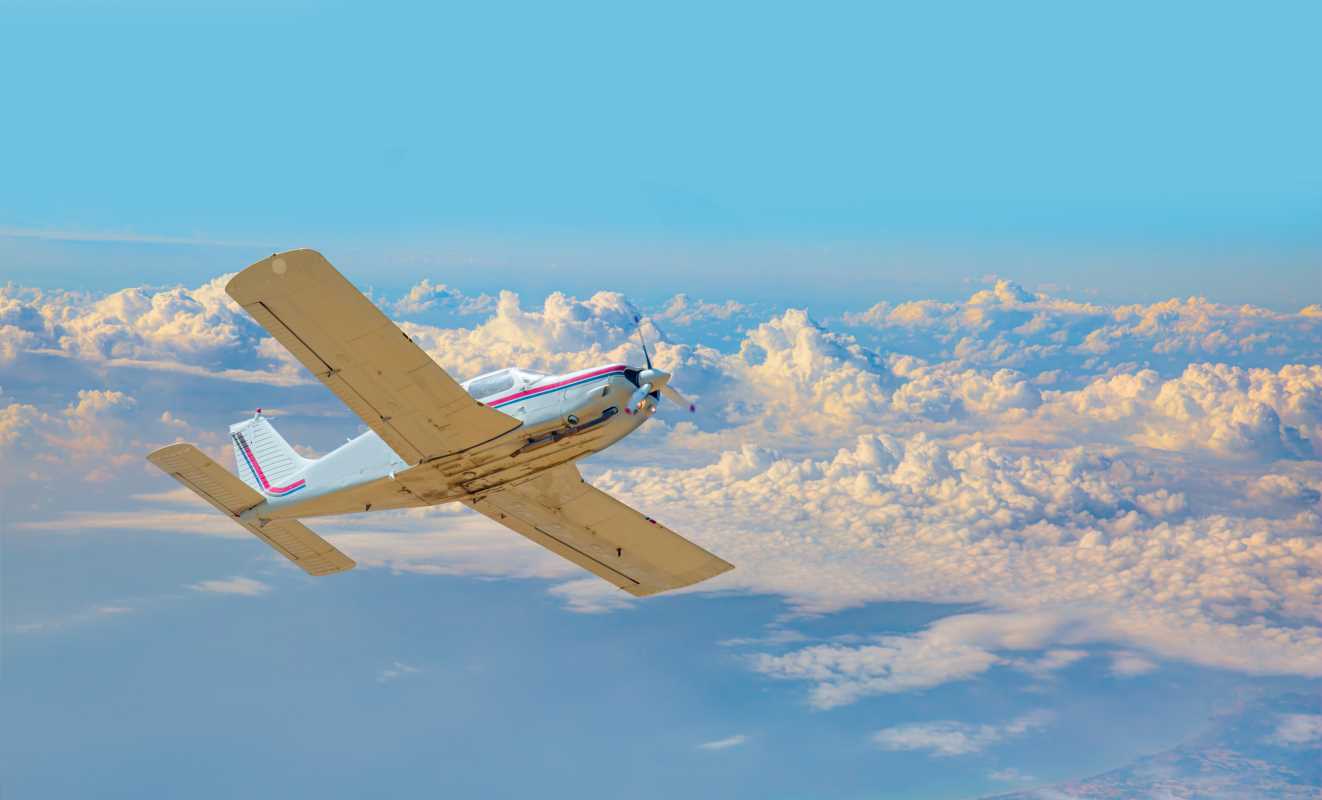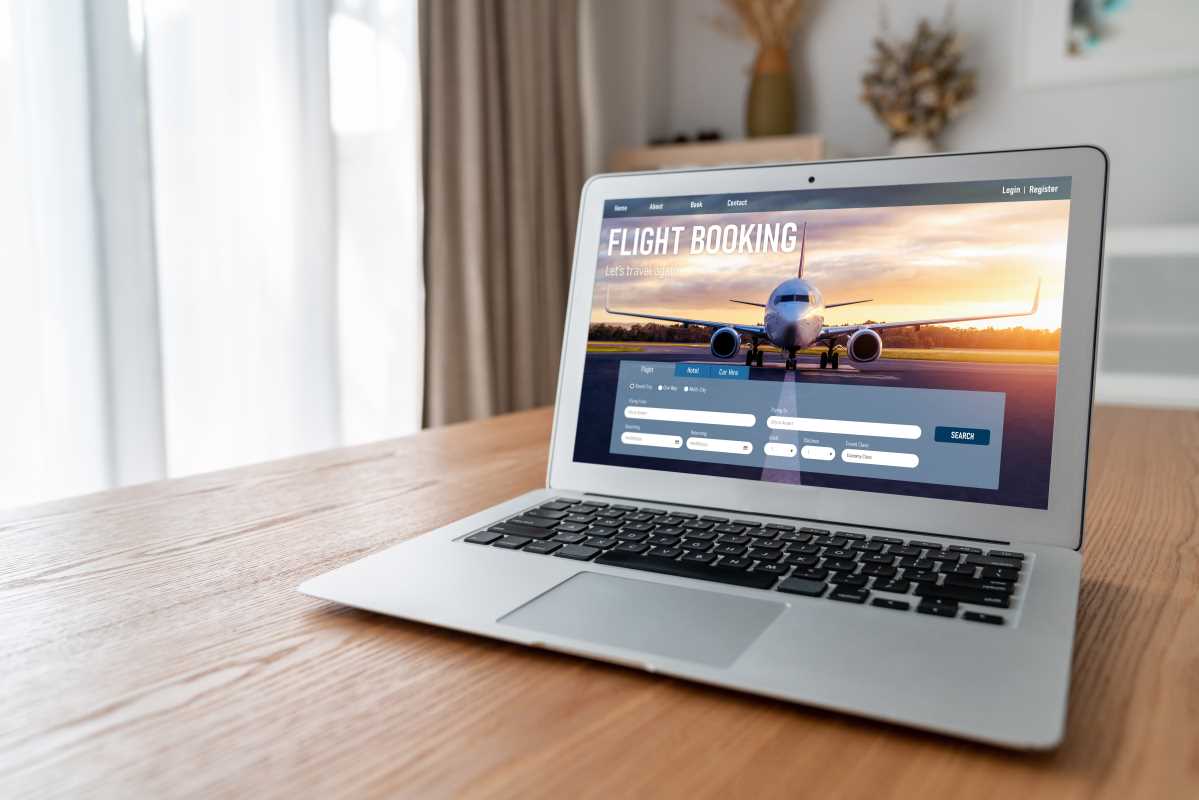Planning a cross-border road trip is an exciting adventure. The thought of exploring new landscapes, cultures, and cuisines is enough to ignite anyone’s wanderlust. But amidst all the packing and route planning, it’s easy to overlook some critical travel documents. Missing even one of these could turn your dream road trip into a logistical nightmare at the border or beyond.
To save you from that last-minute panic, here’s a guide to seven important travel documents that are often overlooked but absolutely essential for a smooth cross-border road trip.
1. Passport and Visa
This might seem obvious, but forgetting your passport or the required visa for your destination is more common than you’d think. For road trips, where planning might emphasize routes and stops over entry requirements, this crucial document can slip through the cracks.
Why It’s Important:
- A passport is your primary form of international identification.
- Many countries require a visa in addition to a passport for entry.
How to Prepare:
- Check the expiration date on your passport. Most countries require it to be valid for at least six months beyond your return date.
- Research whether your destination requires a visa for your nationality. Popular tools, like embassy websites or visa services, can guide you through the application process.
Pro Tip:
Keep both physical and digital copies of your passport and visa. Store the digital versions in a secure cloud service or an email you can access easily.
2. Driver’s License and International Driving Permit (IDP)
If you plan to drive your own car or rent one abroad, you’ll need a valid driver’s license and, in many cases, an International Driving Permit (IDP).
Why It’s Important:
- While a driver’s license may work within your country, many foreign authorities won’t recognize it unless supplemented by an IDP.
- Some car rental companies won’t rent vehicles to you without seeing an IDP.
How to Prepare:
- Apply for your IDP through an authorized agency in your home country, such as AAA in the United States. It’s typically an easy process but requires a small fee and some paperwork.
- Verify the driving requirements of your destination country. Some places may also ask for translations of your license.
Pro Tip:
Carry a spare copy of your license and IDP in your glove compartment for emergencies.
3. Vehicle Registration and Insurance Papers
Driving across borders isn’t as simple as taking a casual road trip at home. Border officials and traffic laws often require proof that your vehicle is legal and insured.
Why It’s Important:
- Your car’s registration proves ownership and that your vehicle is fit for the road.
- Cross-border auto insurance ensures coverage in case of accidents or emergencies away from home.
How to Prepare:
- Confirm with your insurance provider if your policy covers international travel. If not, look into add-ons or separate short-term policies.
- Keep vehicle registration papers and insurance cards in an easily accessible folder or dashboard compartment.
Pro Tip:
If you’re using a rental car, ensure the rental company provides the necessary documentation for cross-border use, including insurance coverage certificates.
4. Health and Travel Insurance
It’s easy to underestimate the importance of health insurance when setting out on an adventure. But accidents and emergencies can happen, and being caught unprepared in a foreign country can be costly.
Why It’s Important:
- Many countries require proof of travel insurance for entry, especially when applying for a visa.
- Health-related incidents might not be covered by your domestic insurance policy when abroad.
How to Prepare:
- Purchase travel insurance that includes health coverage, evacuation services, and trip cancellations. Insurance comparison sites can help you find the best option for your needs.
- Bring physical and digital copies of policies, highlighting the emergency contact numbers for claims.
Pro Tip:
Save a PDF of your policy on your smartphone for quick reference.
5. Cross-Border Vehicle Permits
Driving your car into certain countries often requires a special permit. These permits prove authorization to bring your vehicle across international borders and are typically used to prevent stolen vehicles from entering other nations.
Why It’s Important:
- Some destinations won’t permit entry without specific vehicle authorization.
- Failing to produce the right permit could lead to fines or being turned away.
How to Prepare:
- Research whether the countries on your itinerary require vehicle import or transit permits.
- If required, obtain a Carnet de Passages en Douane (CPD), an international customs document, for your vehicle.
Pro Tip:
Allow extra time to gather these permits, as processing can be lengthy in some jurisdictions.
6. Emergency Contact Information
Although it’s not always a required document, having written emergency contact information is vital. You may not always have access to your phone, especially in areas with poor reception or in an emergency where you can’t physically use your device.
Why It’s Important:
- Emergency contacts can assist medical staff or law enforcement in case you’re unable to communicate.
- Local emergency numbers and embassy contacts ensure quick assistance if needed.
How to Prepare:
- Write down key emergency contacts, including family members, your insurance provider, and your country’s embassy or consulate in your destination.
- Include your hotel or accommodation information for each leg of your trip.
Pro Tip:
Laminate this information and store it in an easy-to-reach pocket of your bag or wallet.
7. Customs and Import Documents
If you’re planning to carry equipment, gifts, or goods across borders, be ready to declare items and present any necessary paperwork. Customs officers often appreciate travelers with organized documents for a more seamless inspection process.
Why It’s Important:
- Most countries have restrictions on the import of items like alcohol, food, or large amounts of currency.
- Failing to declare goods properly can result in confiscation, fines, or worse.
How to Prepare:
- Familiarize yourself with the customs rules of your destination. Be particularly cautious of regulated items like electronics or perishables.
- If needed, fill out paperwork for duty exemptions or temporary entry waivers, especially for expensive equipment like cameras or drones.
Pro Tip:
Keep receipts or purchase proofs for any high-value items you’re carrying to avoid trouble at the border.
Final Tips for Staying Organized
With so many documents to keep track of, it’s crucial to stay organized. Here are some tips to simplify the process:
- Use a Travel Wallet: Invest in a dedicated wallet or folder to keep all your physical documents in one place.
- Digitize Your Documents: Scan and save copies of your important paperwork on your phone, a USB drive, or a secure cloud storage service like Google Drive.
- Double-Check Before You Leave: Create a checklist of all the documents mentioned above and cross them off as you pack.







